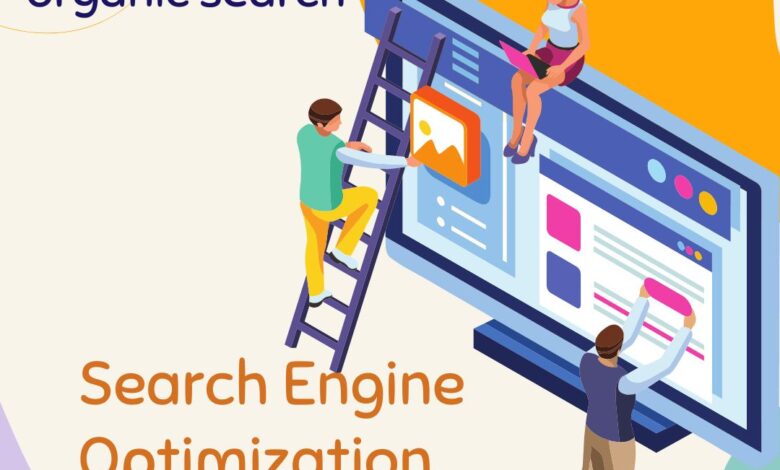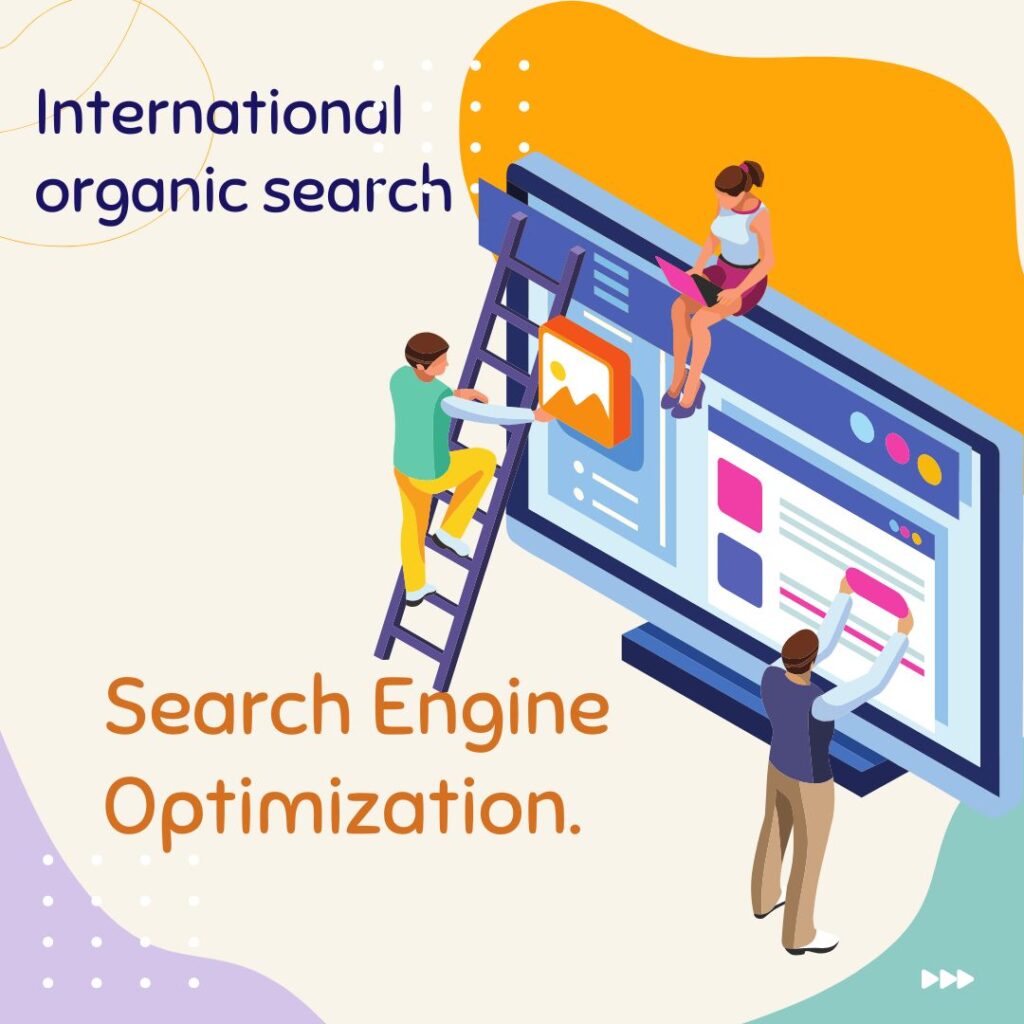International organic search

In today’s digital-first world, businesses are no longer limited by geography. With the right strategy, your website can attract visitors from New York to Tokyo, London to Sydney—all through international organic search.
At SEO Analytic, we specialize in helping brands dominate search rankings across multiple countries and languages. This comprehensive guide will explain how international SEO works, why it’s crucial for global growth, and how our data-driven approach ensures your website ranks everywhere.
What is International Organic Search?
International organic search refers to optimizing your website to rank in different countries and languages without relying on any paid ads. Unlike standard SEO, which targets a single region, international SEO involves:
- Multilingual content (translations & localization).
- Country-specific targeting (geographic signals).
- Cultural adaptation (avoiding regional misunderstandings).
When done right, it allows businesses to expand their reach, increase conversions, and build a global brand—all through free, organic traffic.
Why International SEO Matters for Business Growth
1. Tap Into New Markets Without High Ad Costs
Paid ads can be expensive, especially in competitive regions like the US or Europe. Organic search traffic is free and can scale infinitely with the right strategy.
2. Outperform Local Competitors
Many businesses only optimize for their home country. By targeting untapped international markets, you can dominate search rankings before competitors catch on.
3. Increase Brand Authority Globally
Ranking in multiple countries establishes your brand as an industry leader worldwide, boosting trust and credibility.
4. Higher ROI Than Paid Campaigns
While paid ads stop delivering traffic when the budget runs out, organic rankings keep bringing visitors for months or years.
Key Challenges in International SEO (And How SEO Analytic Solves Them)
Many businesses struggle with international rankings because they make these common mistakes:
1. Ignoring Local Search Behavior
- Problem: Users in Japan search differently than users in Brazil. Direct translations often fail.
- Our Solution: We analyze local keyword trends, slang, and search intent to create content that resonates.
2. Poor Hreflang Implementation
- Problem: Google gets confused when the same page exists in multiple languages, leading to ranking drops.
- Our Solution: We set up correct hreflang tags so search engines display the right version to the right audience.
3. Slow Loading Speeds in Certain Regions
- Problem: A site hosted in the US may load slowly in India or Australia.
- Our Solution: We optimize hosting with CDNs (Content Delivery Networks) and regional servers for faster performance.
4. Weak Local Backlinks
- Problem: Global backlinks don’t always help with local rankings.
- Our Solution: We build high-authority links from country-specific websites to boost regional authority.
SEO Analytic’s Step-by-Step International SEO Strategy
Step 1: Market & Keyword Research
Before expanding, we identify:
- Which countries have high demand but low competition?
- What keywords do users search in their native language?
- Are there cultural nuances to consider?
We use tools like Ahrefs, SEMrush, and Google Market Finder to uncover hidden opportunities.
Step 2: Website Structure for Global SEO
There are three ways to structure an international site:
- Country-Specific Domains (example.de, example.fr) – Best for strong local branding.
- Subdirectories (example.com/de/, example.com/fr/) – Easier to manage.
- Subdomains (de.example.com, fr.example.com) – Less common but useful for large enterprises.
We help you choose the best structure for scalability and SEO performance.
Step 3: Content Localization (Not Just Translation)
Machine translations (like Google Translate) often sound unnatural. Instead, we:
- Hire native-speaking writers for authentic content.
- Adapt messaging (e.g., US vs. UK spelling, cultural references).
- Optimize for local keywords (e.g., “mobile phones” in the US vs. “handphones” in Singapore).
Step 4: Technical SEO for International Rankings
- Hreflang Tags: Tell Google which language/country each page targets.
- Geotargeting in Google Search Console: Set preferred countries for each site version.
- Local Schema Markup: Add region-specific business info for rich snippets.
Step 5: Local Link Building & Citations
To rank well in a new country, you need local backlinks. We help by:
- Getting featured in regional directories.
- Guest posting on country-specific blogs.
- Securing mentions from local influencers.
Step 6: Performance Tracking & Optimization
We monitor:
- Rankings in each country.
- Traffic from target regions.
- Conversion rates per market.
If a strategy isn’t working, we adjust in real-time.
Case Study: How SEO Analytic Helped a SaaS Company Go Global
A B2B software company wanted to expand into Germany, Spain, and Japan. Before working with us, their traffic was 95% US-based.
Here’s what we did:
- Identified high-potential keywords in each language.
- Created localized landing pages with native-speaking writers.
- Built backlinks from German tech blogs, Spanish business directories, and Japanese forums.
- Optimized server speed for Asian users.
Results in 8 Months:
- 300% increase in German organic traffic.
- Top 5 rankings for 20+ keywords in Spain.
- First page in Japan for niche industry terms.
Why Choose SEO Analytic for International SEO?
- Proven Expertise: We’ve helped businesses rank in 30+ countries.
- AI-Driven Strategies: Our tools predict trends before competitors notice.
- Transparent Reporting: Real-time dashboards show performance per region.
- Cost-Effective Scaling: Grow globally without overspending on ads.
Get Started with International SEO Today
Whether you’re a startup testing new markets or an enterprise expanding further, SEO Analytic can help you dominate international search rankings.
Contact us today for a free international SEO audit and see which markets hold the most potential for your business.
You May also Like:
